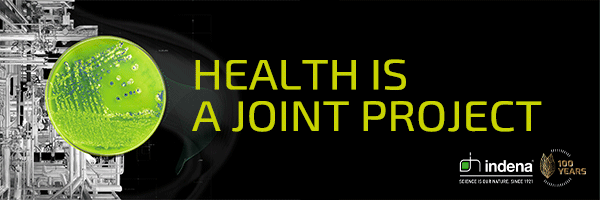Pharmaceuticals
Aragen launches royalty-free CHO GS cell line development platform under RapTr2022 27th October 2022
Aragen Life Sciences (Aragen), a leading Contract Research, Development, and Manufacturing Organization (CRDMO), with eight facilities across India and the United States, today announced the launch of its newly optimized RapTr 2022 cell line development (CLD) platform. RapTr2022 offers a 33% reduction in CLD timelines and delivers increased titres up to 6g/l. This royalty-free platform now accelerates the process of cell line engineering — from DNA transfection in the host cell lines to Research Cell Bank (RCB) — all within 18 weeks. The RapTr CLD services include the proven CHO-DG44 and CHO-GS cell lines and proprietary vector combinations with an innovative clone selection process.
RapTr2022 has been developed at Aragen’s Morgan Hill campus in California, USA, by a team of expert scientists with more than two decades of experience in planning and designing engineered cell lines for therapeutic, diagnostic, and reagent generation applications. RapTr2022 provides cell bank clonality and consistency of product quality, and process performance throughout the lifecycle of the product, which are critical for a successful IND filing.
Speaking about RapTr2022, Manni Kantipudi, CEO, Aragen Life Sciences, said, “We are excited to launch RapTr 2022, which will help our customers increase their yield while significantly reducing the timeline for developing cell lines. The RapTr platform has proven capabilities to produce a range of biologics, including human, mouse, canine and feline IgGs, fusion proteins, enzymes, hormones, cytokines, mini bodies, and bispecific antibodies. With the launch of the RapTr2022 platform, our goal is to deliver clients’ products to clinics at speed while minimizing risk and maximizing efficiency.”
A key feature of RapTr2022 is the single-cell printer from CYTENA and Solentim imager. It is also supported by strong analytical capabilities that provide clients with a variety of methodologies for testing the purity, identity, potency, and stability of their monoclonal antibody (mAb) and recombinant protein products. These procedures are critical for the analysis and characterization of biologics as well as for guaranteeing the product’s safety, stability, and efficacy at all stages of development.


